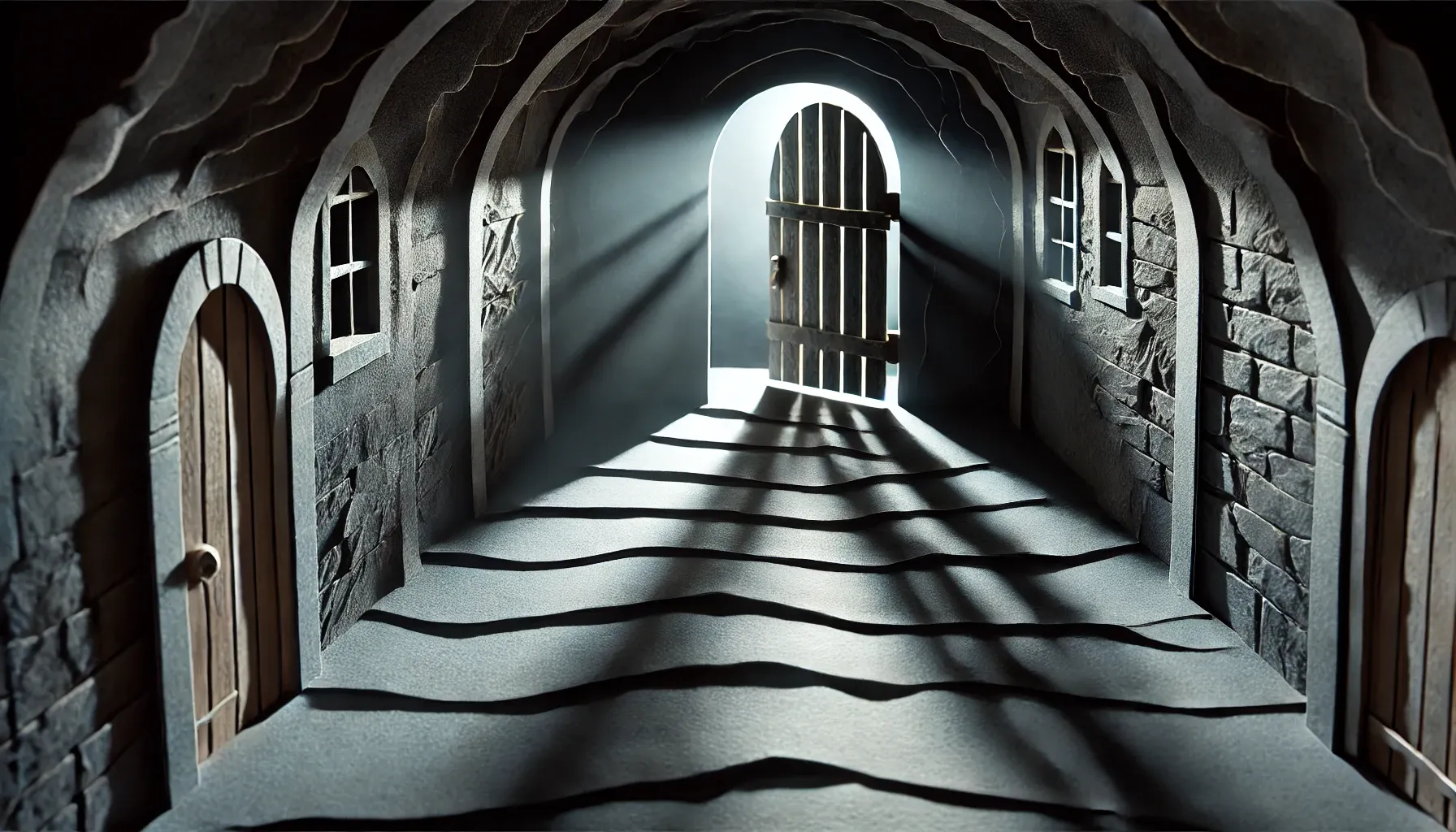The first line of a story is a promise, a bridge into a world the reader has yet to explore. It’s the moment where curiosity sparks, and if done well, it’s the catalyst that transforms a browser into a reader. Crafting an opening line that hooks isn’t just about being clever; it’s about resonance, intrigue, and the subtle magic of inviting someone to stay for the whole tale.
Opening lines carry the weight of expectation. They don’t just introduce the story; they hint at the tone, the stakes, and the voice of the narrative. A compelling first sentence grabs attention because it offers a question, a mystery, or an emotional jolt that begs to be resolved. Think of the sharp allure in George Orwell’s 1984: “It was a bright cold day in April, and the clocks were striking thirteen.” Immediately, the reader is unsettled, yet curious. Why thirteen? What kind of world is this? A single sentence becomes an irresistible puzzle.
Building Curiosity
An effective opening line doesn’t always reveal everything—it withholds just enough to make the reader lean closer. It teases with a fragment of information, a hint of the world’s strangeness or familiarity, compelling the audience to seek the missing pieces. Consider the opening of Daphne du Maurier’s Rebecca: “Last night I dreamt I went to Manderley again.” This sentence captures nostalgia and mystery in equal measure. What is Manderley? Why does it linger in the dreamer’s mind?
Writers often worry that their opening lines need to pack a dramatic punch or deliver a profound truth, but in reality, the simplest lines can hook readers if they evoke curiosity. What matters most is the question the line stirs. Whether subtle or overt, that question is what keeps readers turning pages.
Establishing Tone and Voice
A well-crafted opening line sets the stage for everything that follows. The tone, whether humorous, dark, whimsical, or contemplative, should echo the heart of the story. Voice is equally important; it’s the lens through which readers will experience your world. An opening line that exudes confidence in its tone establishes a connection between the narrator and the reader.
Take Douglas Adams’ The Hitchhiker’s Guide to the Galaxy: “Far out in the uncharted backwaters of the unfashionable end of the western spiral arm of the Galaxy lies a small unregarded yellow sun.” This sentence doesn’t just introduce the story’s setting—it tells readers that they’re in for a delightfully absurd journey. The voice is confident, quirky, and distinctly Adams. Readers are primed for the adventure before the first paragraph is complete.







